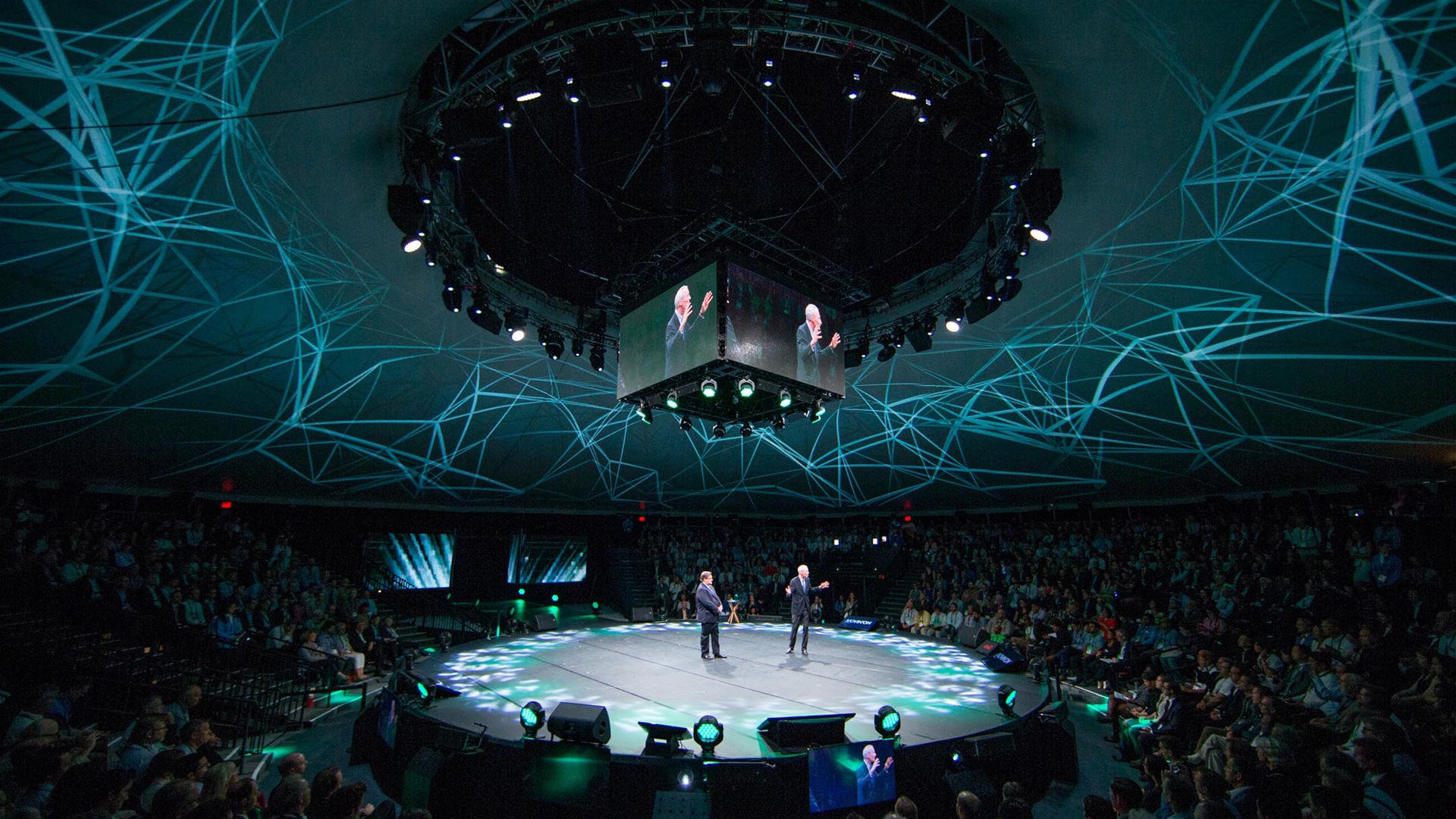The enthusiastic mayor of Montreal, a former astronaut/current federal cabinet minister and Quebec’s minister of Energy and Natural Resources all helped open Michelin’s Movin’ On sustainable mobility summit in Montreal yesterday, where all three levels of government confirmed their respective government’s financial and political support for zero emissions vehicles.
Transport minister Marc Garneau, the first Canadian to fly on a NASA mission into space, said at the global event that right now, only one of every 200 new car sales are zero emissions vehicles (ZEV), and that the national strategy he announced a few weeks ago would help to address this, though he provided no clue as to when the details of that plan may be fully revealed.
“The use of zero emission vehicles is essential to our drive towards the decarbonisation of our future,” Garneau said at the opening ceremonies of the conference, which brought together researchers, OEMs, NGOs and other industry supporters to debate action plans for advancing autonomous, safer and greener vehicles.
Quebec’s minister of Energy and Natural Resources Pierre Arcand said the province has a target of using 40 percent less oil by 2030, with a similar reductions in emissions as part of their plan to fight climate change but maintain sustainable development.
He said the province is currently home to 14,390 EVs, almost half of all EVs in the country, but with an ambitious goal to increase this to 500,000 vehicles by 2020.
“We know that’s very ambitious, but we’re working very hard to make it happen,” citing the province’s installation of 80 electric vehicle quick charge stations, part of the province’s extensive Electric Circuit that offers many more 240 volt Level 2 charging stations as well that can be used by every plug-in hybrid and ZEV model as well.
Montreal’s charismatic mayor Denis Coderre kicked off proceedings with a clear message to US president Donald Trump, who recently pulled the country out of the historic Paris Agreement on climate change.
“First off, we believe that climate change exists,” said Coderre to thundering applause. “Secondly, we’re not building walls, we’re building bridges.”
He and Michelin’s president and CEO Jean-Dominique Senard were transported to the official opening stage in a silent and driverless electric shuttle, the audience following along by video monitor before their appearance live on stage to kick off the conference.
While he stressed the importance of electrified transportation, zero emissions vehicles and the city as a capital of renewable electricity, he also said autonomous vehicles and safety were also key themes to explore at this week’s conference.
“We’re also looking for zero accidents,” said Coderre. “Every decision that we’re taking now will make a difference in the next decade.”
Michelin’s Senard, in a panel discussion with FIA president Jean Todt, Garneau and Arcand, said the conference would be key to discuss “producing objects that are well aligned with the future,” as well as planning concrete steps possible now to strive to that desired future of sustainable mobility.
One of Senard’s stated ambitions is to make sure tires find a secondary use or purpose after their primary life is done. “Performance when a tire is new is great, but it would be useful to confirm some type of accreditation system for tires when they are no longer new,” said Senard. “This isn’t a view shared globally, but from our point of view, if you can’t use a tire because it’s used, that’s a very big mistake – but not all believe that.”

